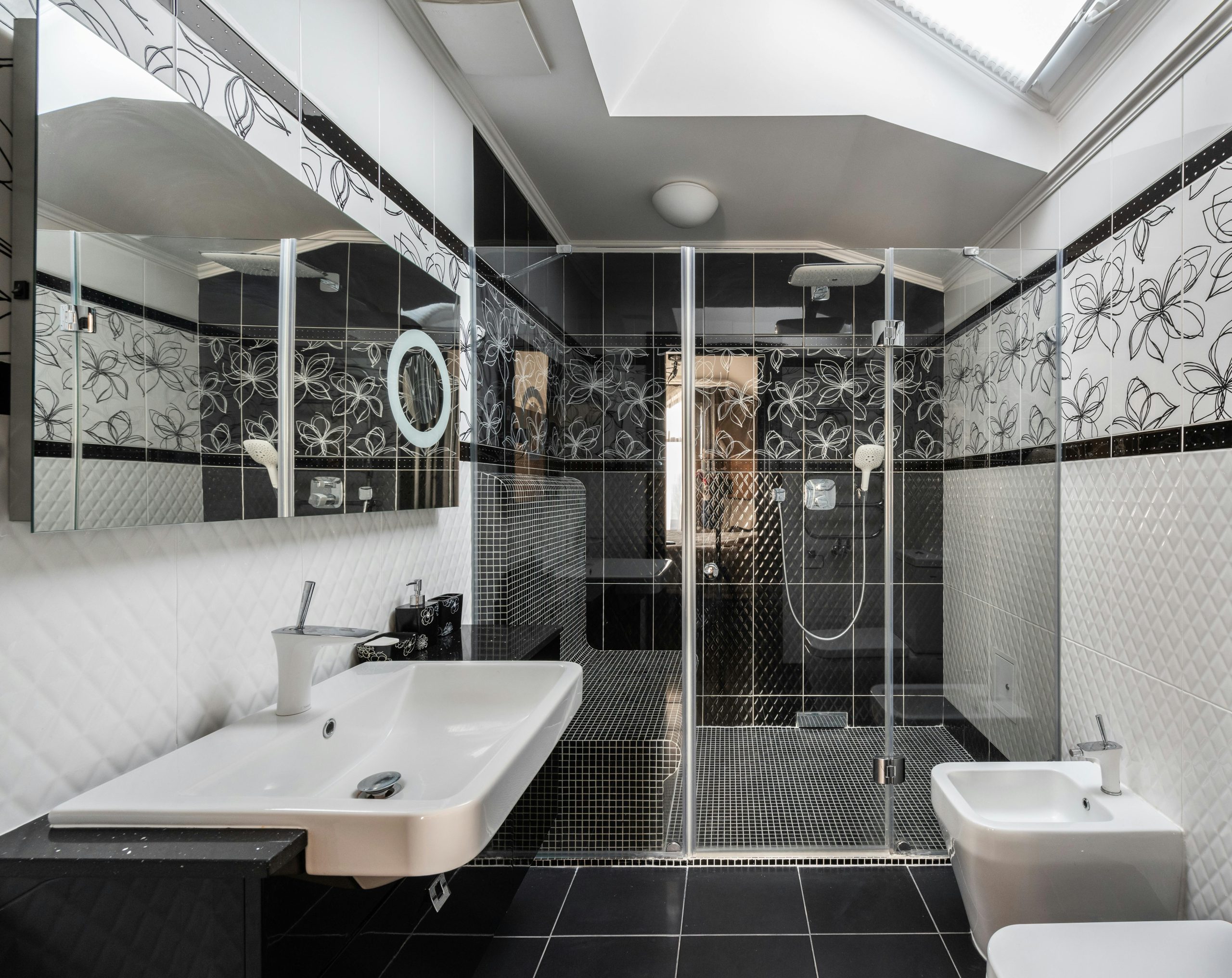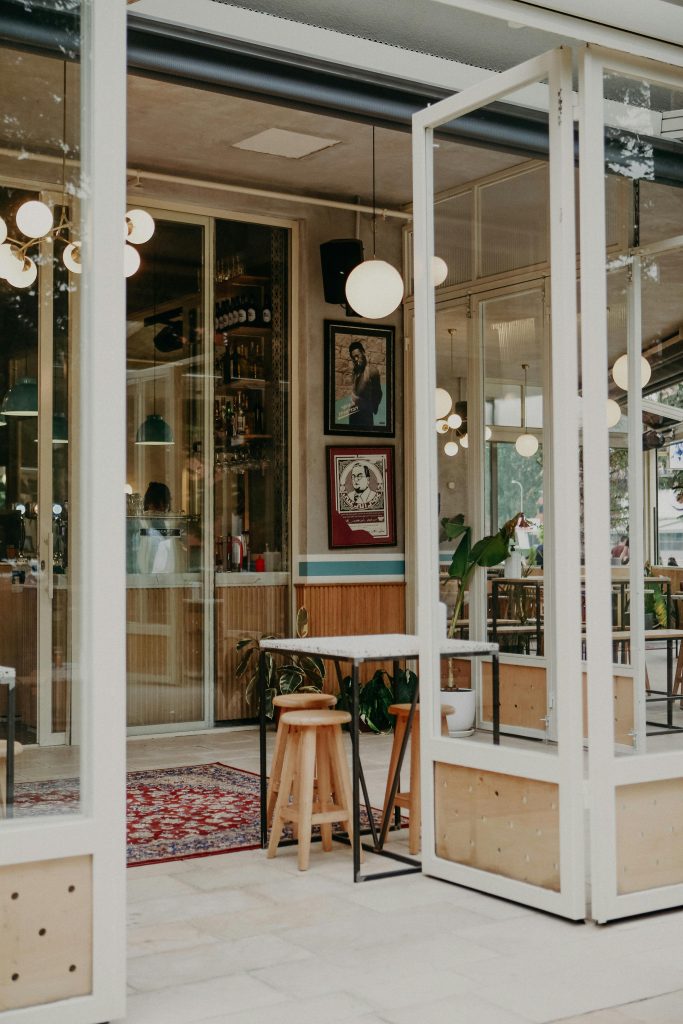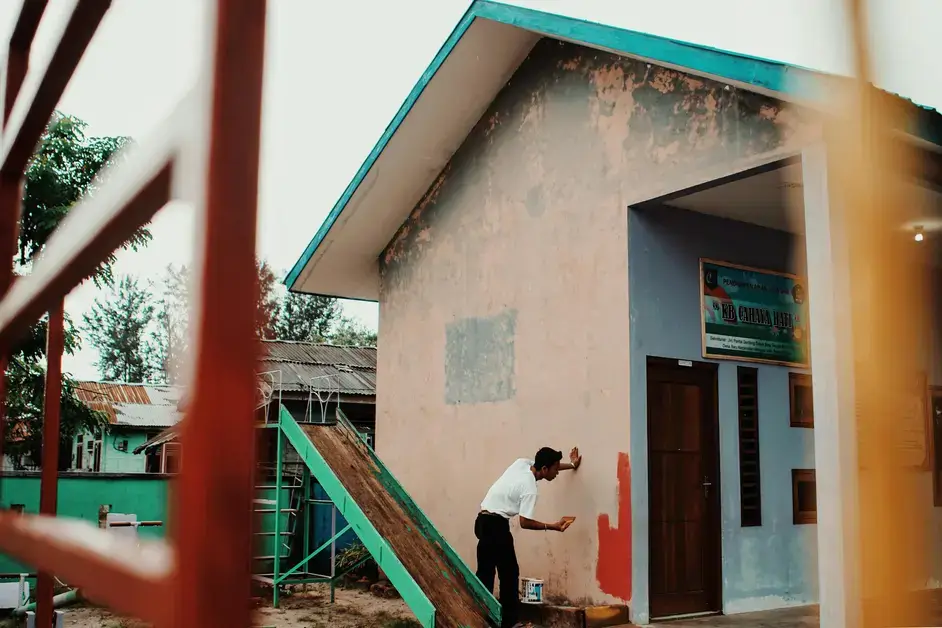
A single shower door can be a transformative addition to your bathroom, enhancing functionality and aesthetics. Whether replacing a damaged door or upgrading to a modern design, understanding the costs and options available is crucial. When it comes to types of single shower doors, there is a wide range of options to suit various preferences and budgets. From simple and affordable shower screens to sleek frameless doors, each type offers its own advantages in terms of style and functionality.
The choice of materials is also essential, with options such as standard glass, treated glass with frosted or etched designs, and premium glass like extra-thick or low-iron glass. In this guide, we’ll explore everything you need to know about single shower doors, including types, materials, labor costs, DIY vs. professional installation, and factors that influence the overall cost.
Types Of Single Shower Doors
When it comes to single shower doors, there are several types to choose from, each offering unique features and aesthetics:
Shower Screen
A simple and affordable option, shower screens cost between $250 to $500. These fixed pieces of glass are ideal for small bathrooms and cannot open or close.
Framed Shower Enclosure
Common in older homes, framed shower doors cost $400 to $850. They feature noticeable metal supports and are available in various styles to suit your preferences.
Semi-Frameless Shower Door
Semi-frameless doors range from $700 to $1,550, offering a sleek look with minimal metal framing. They are easier to install compared to frameless doors.
Frameless Shower Door
Known for their modern and seamless design, frameless shower doors cost $700 to $1,700. They require thicker glass for support and a sealant to prevent leakage.
Custom Shower Door
If you prefer a unique design tailored to your bathroom, custom glass shower doors range from $1,450 to $4,150, depending on the type of glass and the intricacy of the design.
Choosing The Right Single Shower Door
When selecting a single shower door for your bathroom, it’s essential to consider several factors to ensure a successful and cost-effective installation:
- Budget: Determine your budget early in the planning process. This will help you narrow down options and avoid overspending.
- Functionality: Consider how you use your shower and choose a door type that suits your needs. For example, a frameless or semi-frameless door may be ideal for easy maintenance and a modern look.
- Aesthetics: Your shower door should complement the overall style of your bathroom. Consider factors such as glass type, hardware finish, and design elements to achieve the desired aesthetic.
- Durability: Opt for high-quality materials that offer durability and longevity. Tempered glass is a popular choice due to its strength and safety features.
- Installation: Decide whether you’ll tackle the installation yourself or hire a professional. While DIY can save money, professional installation ensures proper fitting and reduces the risk of errors.
- Additional Features: Explore options for extra features such as water spot prevention treatments, upgraded hardware, and custom designs to enhance your shower experience.
Factors Affecting Shower Door Replacement Cost
The cost of replacing a single shower door depends on various factors, including:
- Size: Larger doors generally cost more than smaller ones. Typical widths range from 24 to 36 inches.
- Materials: The type of glass and hardware you choose will impact the cost. Options include standard glass, treated glass (such as frosted or etched), and premium glass (like extra-thick or low-iron glass).
- Labor: Professional installation by licensed contractors typically costs $500 to $1,370. DIY installation can be cheaper but requires careful handling and accurate measurements to avoid damage.
- Additional Fixtures: Upgrading other elements like handles, plumbing fixtures, and storage options can add to the overall cost.
- Bathroom Renovation: If the shower door replacement is part of a larger renovation project involving tile replacement, showerhead upgrades, or drain replacements, expect additional costs.
DIY vs. Professional Installation
While DIY installation may seem cost-effective, it’s essential to weigh the pros and cons. DIY tools and materials can cost as little as $400, but mishandling glass panels can lead to damage or leaks, necessitating costly repairs. Hiring a licensed contractor ensures proper installation, with labor costs ranging from $500 to $1,370 on average.
Investing in a single shower door can enhance your bathroom’s functionality and aesthetic appeal. Consider the type of door that suits your needs and budget, factor in materials and labor costs, and decide whether DIY or professional installation is the right choice. With careful planning, you can enjoy a stylish, functional shower space that adds value to your home.


